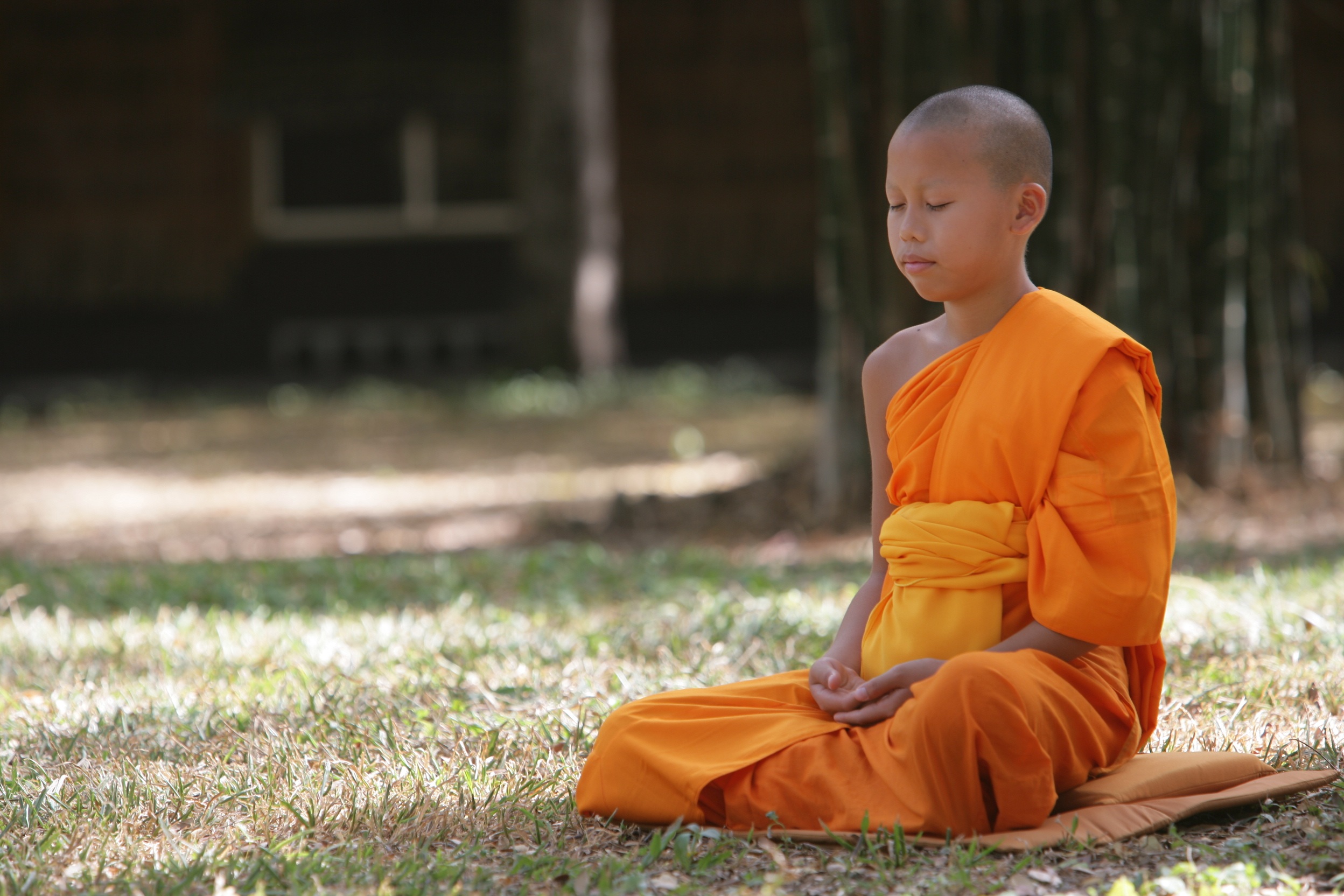Change is an inevitable part of life. It can be exciting, scary, or even overwhelming. Whether it’s a new job, a move to a new city, or a major life event, change can leave us feeling unbalanced and unsure of how to navigate the unknown. But what if there was a way to approach change with a sense of calm and clarity? Mindful methods, such as meditation, offer a way to cultivate inner peace and resilience in the face of change. By learning to be present in the moment and tune into our inner selves, we can better navigate the twists and turns of life’s journey. In this article, we’ll explore how mindfulness and meditation can help us embrace change with open hearts and minds.
1. “Finding Calm in Chaos: The Power of Mindful Meditation”
Mindful meditation is a powerful tool that can help you find calm in the midst of chaos. It involves focusing your attention on the present moment, without judgment or distraction. By doing so, you can reduce stress, anxiety, and other negative emotions that can make it difficult to stay centered and focused.
One of the key benefits of mindful meditation is that it can help you develop greater self-awareness. When you practice mindfulness, you become more attuned to your thoughts, feelings, and physical sensations. This can help you identify patterns of behavior that may be holding you back or causing you stress. With practice, you can learn to observe these patterns without judgment, and to respond to them in a more constructive way.
- Mindful meditation can help you reduce stress and anxiety
- It can help you develop greater self-awareness
- You can learn to observe patterns of behavior without judgment
- With practice, you can respond to stress in a more constructive way
Overall, mindful meditation is a powerful tool that can help you find calm in the midst of chaos. Whether you’re dealing with a difficult situation at work, a challenging relationship, or just the stresses of everyday life, practicing mindfulness can help you stay centered and focused. So why not give it a try? With a little practice, you may find that you’re able to approach life’s challenges with greater ease and clarity.
2. “Navigating Life’s Transitions with Mindful Methods”
Transitions in life can be challenging, but with the help of mindful methods, we can navigate them with ease. Mindfulness is the practice of being present in the moment, observing our thoughts and emotions without judgment. By incorporating mindfulness into our daily lives, we can develop a greater sense of self-awareness and emotional regulation, which can be especially helpful during times of change.
One way to practice mindfulness during transitions is to focus on our breath. Taking deep, intentional breaths can help us calm our nervous system and bring us back to the present moment. Another helpful technique is to practice gratitude. By focusing on what we are grateful for, we can shift our mindset from one of fear and uncertainty to one of positivity and abundance. These techniques, along with others, can help us navigate life’s transitions with grace and ease.
3. “From Anxiety to Acceptance: How Meditation Can Help You Embrace Change
Change is an inevitable part of life, and it can often bring about feelings of anxiety and uncertainty. However, meditation can be a powerful tool in helping individuals embrace change and find acceptance in the midst of it. Here are some ways that meditation can help:
- Mindfulness: Meditation helps individuals become more aware of their thoughts and emotions, allowing them to observe them without judgment. This can help individuals recognize and accept their feelings about change, rather than trying to suppress or avoid them.
- Reduced Stress: Change can often bring about stress and anxiety, but meditation has been shown to reduce stress levels. By practicing meditation, individuals can learn to manage their stress and approach change with a calmer, more centered mindset.
- Increased Resilience: Meditation can help individuals develop greater resilience, which is the ability to bounce back from difficult situations. By cultivating a sense of inner strength and calmness through meditation, individuals can better navigate the ups and downs of life.
Overall, meditation can be a powerful tool in helping individuals embrace change and find acceptance in the midst of it. By practicing mindfulness, reducing stress, and increasing resilience, individuals can approach change with a sense of calm and confidence.
As we conclude our exploration of mindful methods for navigating change through meditation, it’s clear that this ancient practice has much to offer in our modern world. By cultivating awareness, acceptance, and compassion, we can learn to navigate the ups and downs of life with greater ease and resilience. Whether you’re facing a major life transition or simply seeking more peace and clarity in your daily routine, meditation can be a powerful tool for transformation. So take a deep breath, settle into your seat, and let your mind rest in the present moment. Who knows what insights and revelations may arise when you give yourself the gift of mindfulness?
